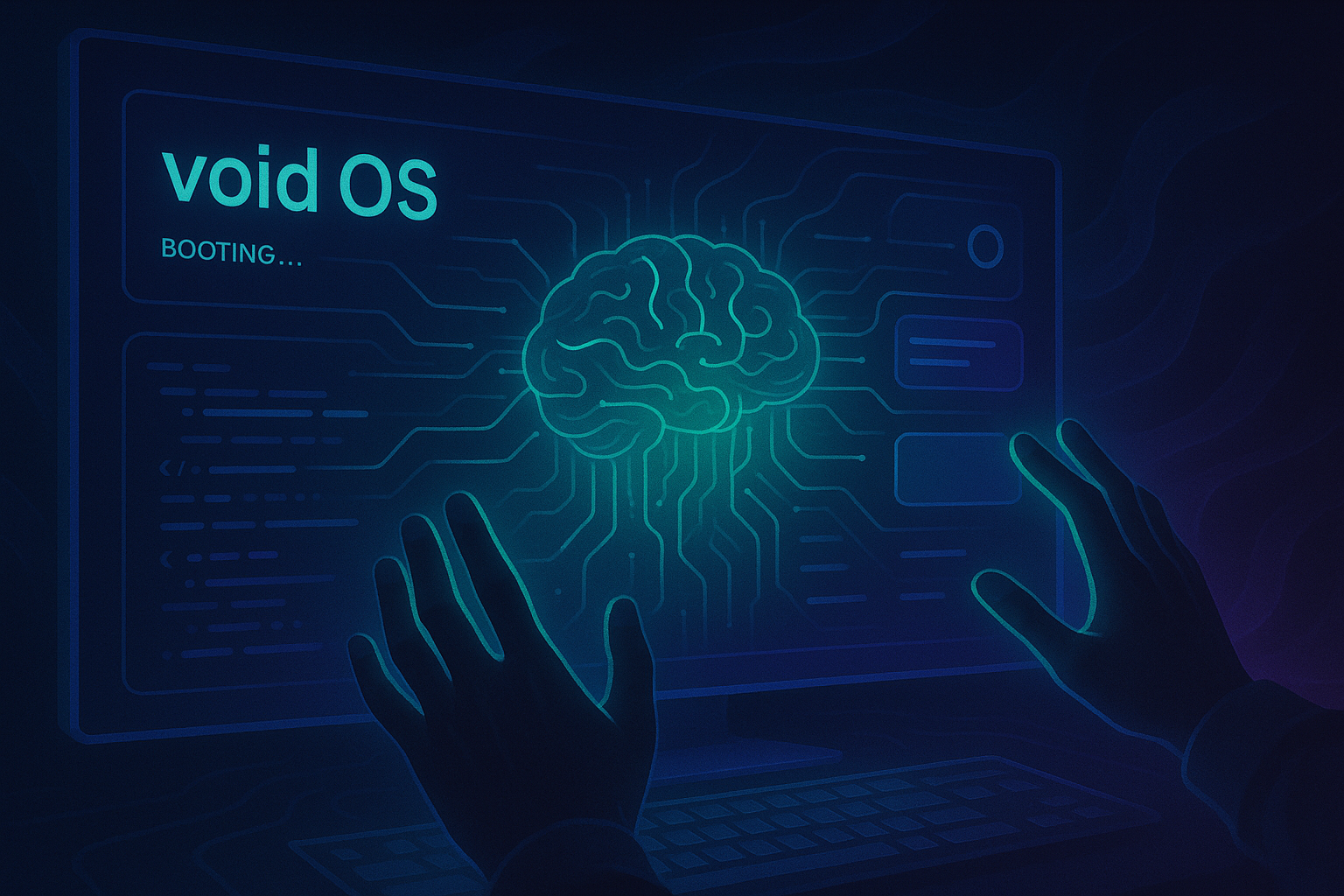

Operating systems have long been the silent workhorses of our devices — stable, predictable, and frankly… boring. But the age of AI is flipping that narrative on its head.
This isn’t just about smarter features. It’s a reimagining of what an OS is, what it does, and what it could become. Welcome to a world where your OS doesn't just operate — it thinks, learns, and evolves.
Most operating systems were built for static environments: boot up, follow commands, shut down. They weren’t designed to anticipate your needs, learn your patterns, or adapt in real-time. That made sense... decades ago.
But in today’s world of real-time data, dynamic workflows, and hyper-personalization, that old-school OS model is painfully outdated.
An AI-powered OS isn’t just reactive — it’s proactive. It’s a system that learns how you work, predicts what you need, and optimizes everything in the background. Here’s how:
Honestly, no. Users aren’t static. Businesses aren’t linear. And software shouldn’t be either.
Whether you're running five browser tabs or compiling neural net simulations, an AI OS gives you peak performance without constant fiddling. It's like having an engineer, a project manager, and a digital butler — all baked into your system.
We didn’t just bolt AI onto a traditional OS shell. Void OS was built from scratch to think, adapt, and grow. It’s not just smart — it’s sentient enough to learn from your workflow, but invisible enough to never get in your way.
Our OS is not just about automation. It’s about evolution.
The question isn’t “will AI change how OSes work?” It already has.
The real question is: will you still be using an OS that needs your permission to adapt, or one that evolves with you?
Void OS is here. Not just to operate. But to outthink.